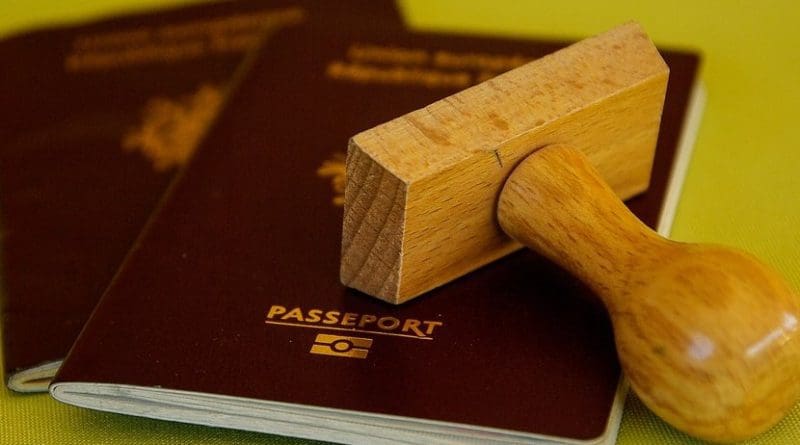Bosnian State Profits From Emigrants Renouncing Citizenship
By Danijel Kovacevic
The state authorities expect to earn between 600,000 and 700,000 euros in 2019 by charging people to give up their Bosnian citizenship as the outflow of emigrants from the country continues.
According to the draft budget for the coming year, which was discussed by Bosnia and Herzegovina’s Council of Ministers on Tuesday, state institutions will earn between 1.2 and 1.4 million Bosnian marks (between 600,000 and 700,000 euros) in payments for renouncing citizenship in 2019.
“Somehow the Bosnian authorities found a way to turn the problem of a growing number of Bosnians packing their bags and leaving a country to their advantage and decided to make money out of it,” political analyst Tanja Topic told BIRN.
A Bosnian citizen must pay about 407 euros to give up citizenship when taking the passport of a European country, and 100 euros when switching citizenship to one of the countries of the former Yugoslavia.
Dragan, a 48-year-old truck driver from the small Bosnian town of Kotor Varos, renounced Bosnian citizenship four years ago.
“I’ve lived in various cities in Austria for 18 years and for me it’s much easier with the Austrian documents. You have to understand that an Austrian passport offers many more options for travel or even for work in Europe. So since I couldn’t keep both citizenships, I decided to give up the Bosnian passport,” he told BIRN.
Bosnia and Herzegovina has no bilateral agreement with Austria that allows dual citizenship.
Dragan said that the entire procedure, with various taxes, cost him over 2,500 euros and went on for two years.
According to the Bosnian finance ministry, in the year 2017, almost 1.5 million Bosnian marks (about 764,500 euros) was collected in taxes for renunciation of citizenship, and in 2018 slightly less, 1.4 million Bosnian marks (around 718,000 euros).
From 1996 to 2018, a total of 86,755 people renounced their Bosnian
citizenship – more than the population of the town of Brcko in northern
Bosnia and Herzegovina – according to data that BIRN has obtained from the country’s annual migration profile.
More than half of them made the move in order to acquire citizenship of Germany or Austria.
“Bosnian politicians have not made any plans and do not have any idea how to stop people from leaving the country. In this way, they show that the citizens of Bosnia and Herzegovina are irrelevant to them,” Topic said.
It is estimated that around 1.5 million people who were born in Bosnia and Herzegovina are now living abroad, which represents around 40 per cent of the total population of the country, data from the Bosnian security ministry has shown.

